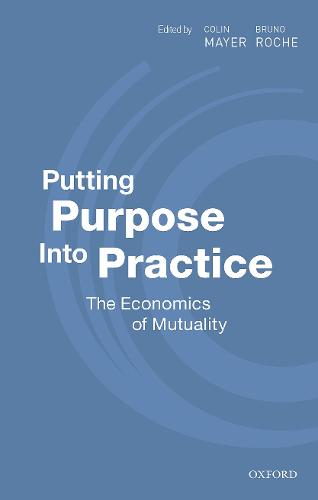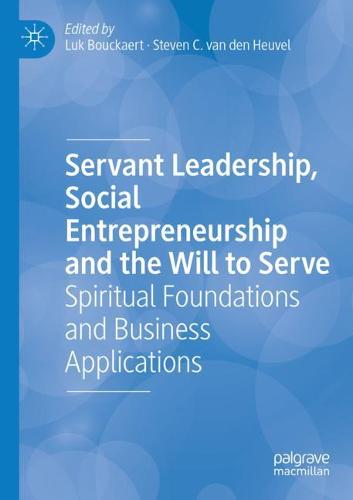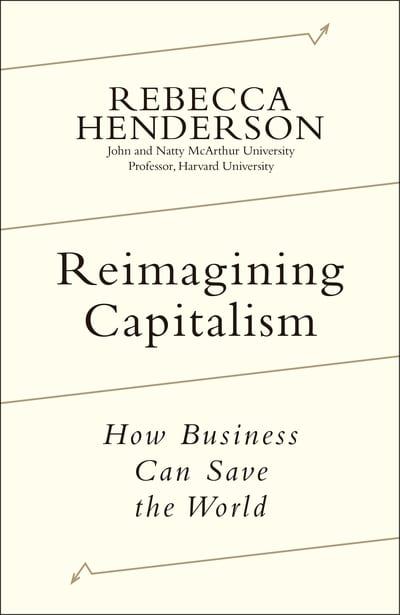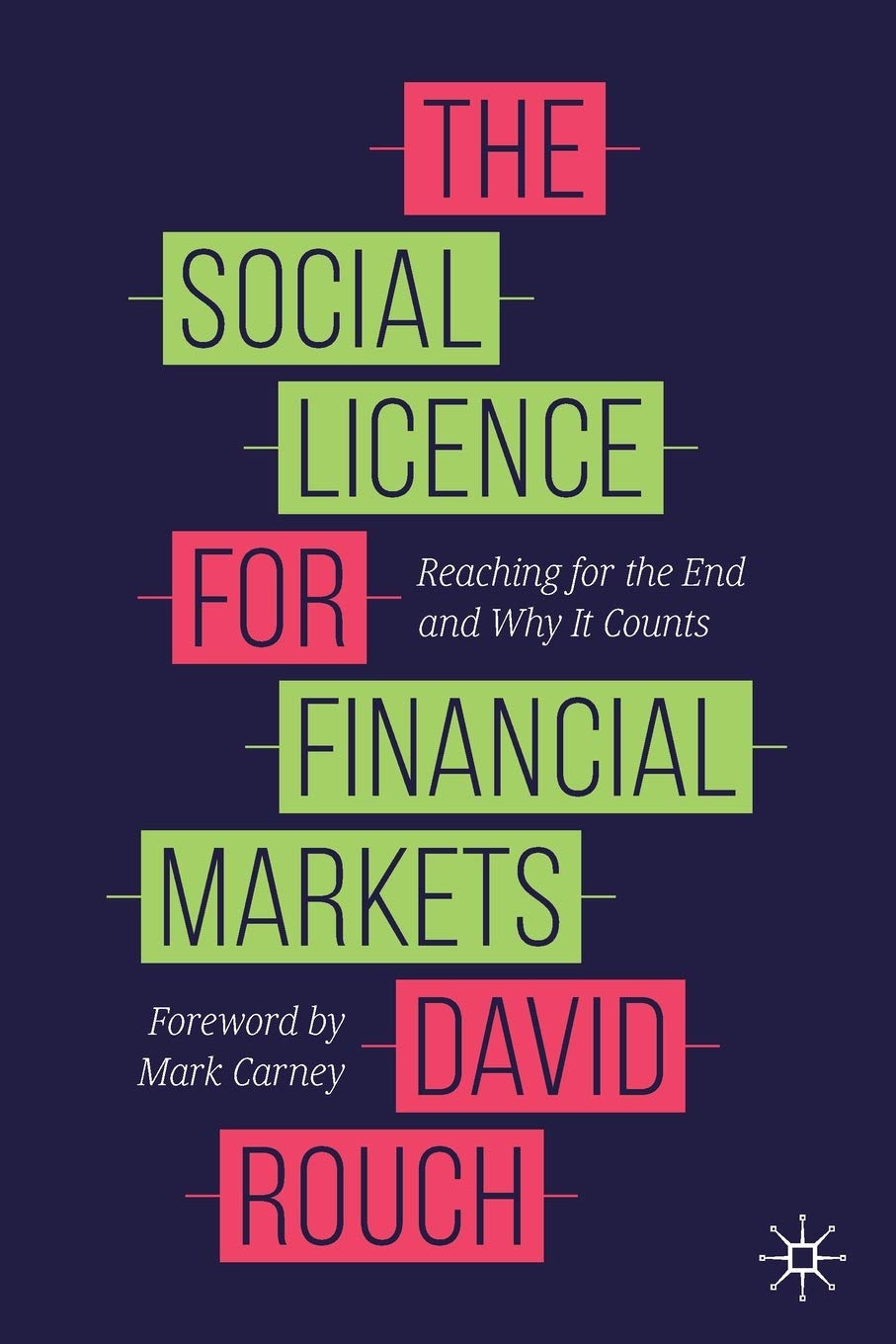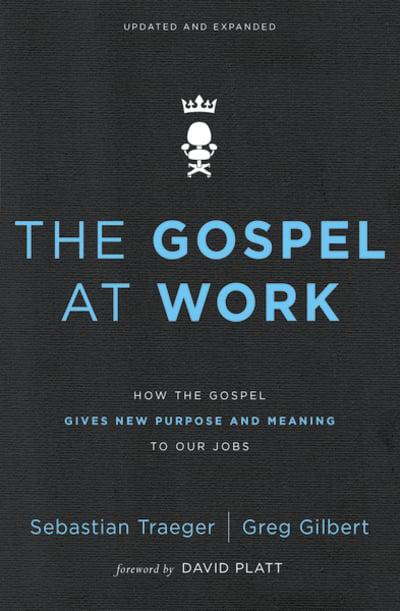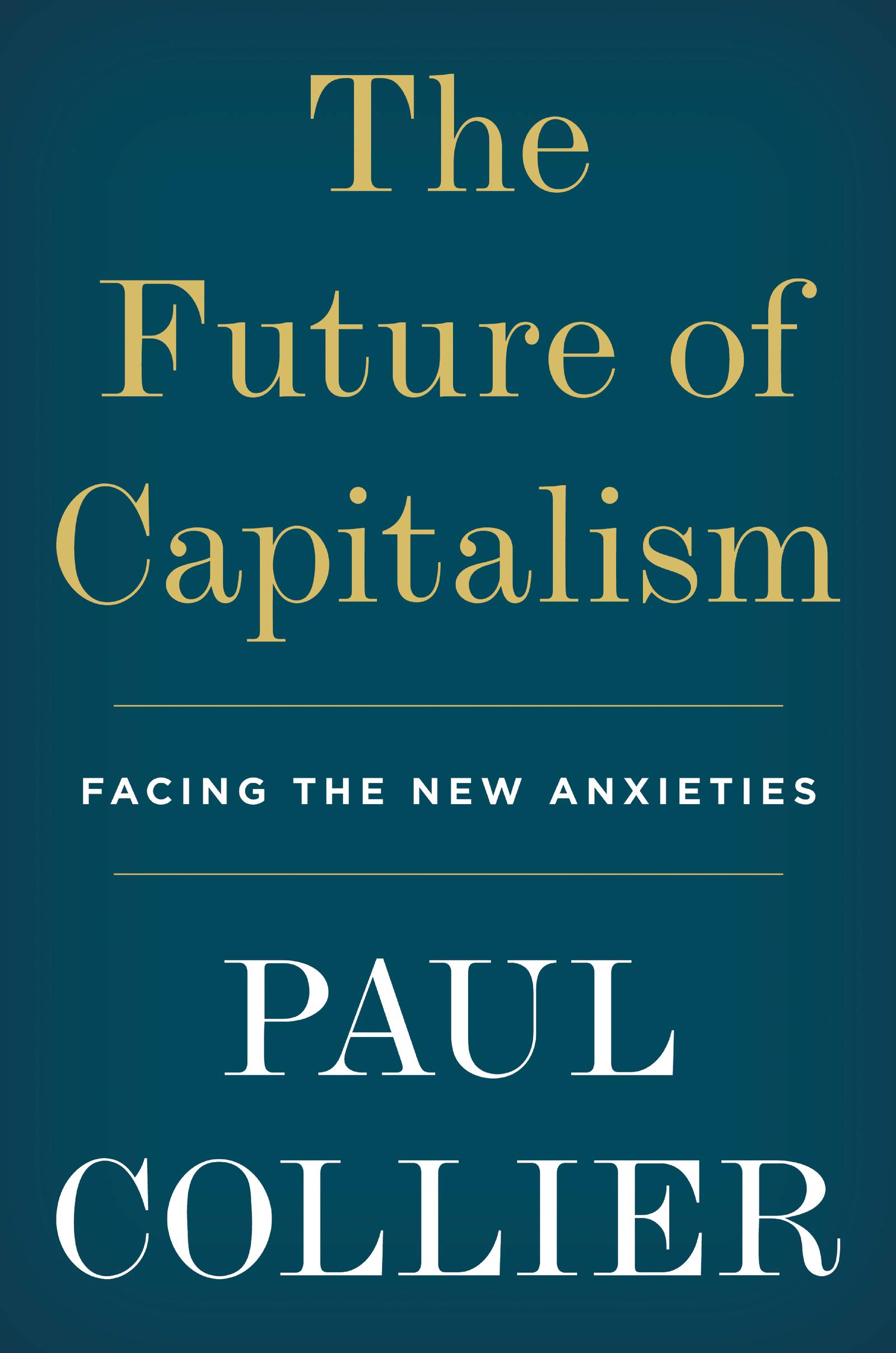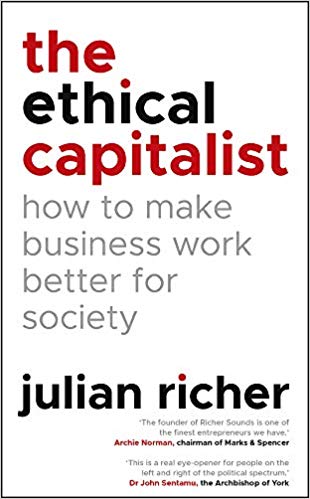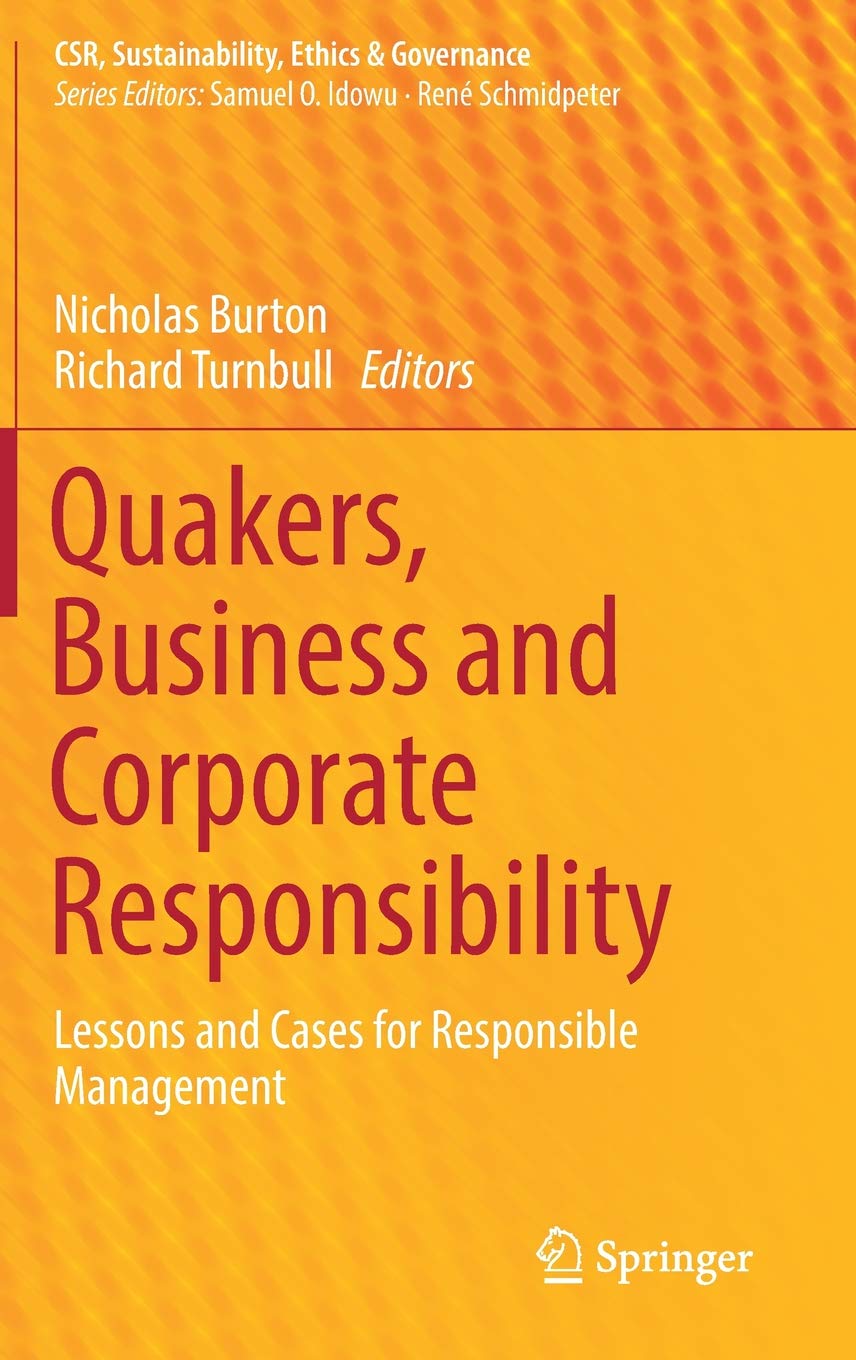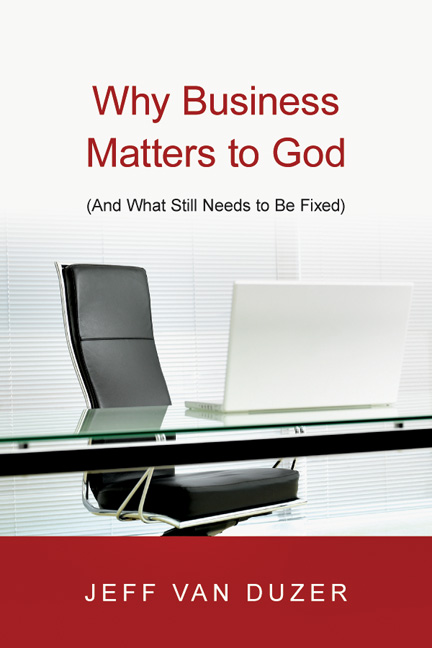This book is a collection of eighteen separate but thematically connected papers which were given at an international academic conference in Belgium in May 2018. The organising principle is an enquiry as to whether the ‘will to serve’ must always be ‘crowded out in the real economic arena of hard competition’ (page vi). The authors are very diverse, with global perspectives offered, although there is an inevitable impression at certain moments that one is eavesdropping on a room full of academics talking to one another and there is some repetition, notably when it comes to the description of what ‘servant leadership’ might be.
I found some of the papers stronger than others but I enjoyed reading all of them, and was left with ideas and questions about re-discovering a wider view of how businesses and companies operate within society. Originally the granting of ‘limited liability’ was seen as a privilege that brought responsibilities towards the community. Those responsibilities have at times been largely overlooked in the single-minded search for profit, which in turn has shaped the kind of leadership the corporate sector has embraced and this volume is a helpful contribution to a growing literature that urges a wider view of what makes for good leadership (whether described using ‘servant’ language or not), as well as a broader view of the very purpose of business and enterprise itself.
It is difficult to summarise such a diverse set of essays, and even the over-arching theme of servant leadership seemed not to be dominant. There are three sections: (1) Philosophical and Spiritual Foundations; (2) Social Entrepreneurship: Serving the Common Good; (3) Servant Leadership in the Context of Business. The general movement through the collection is from concepts to practice, although there is plenty of overlap.
Section 1 (Philosophical and Spiritual Foundations)
I found the most thought provoking of the seven essays in Section 1 to be Ipseistic Ethics Beyond Moralism: Rooting the “Will to Serve” in “The Reverence for Life” by Chris Doude van Troostwijk and The Dark Side of Servant Leadership: Power Abuse via Serving by Volker Kessler.
Despite its title, the former is very readable. It uses Albert Schweitzer’s life-story as a vehicle for the author’s argument, which is an attempt to answer this question: ‘Is there a way that respects both the self-centered impetus of human life and the altruistic needs of life in general?’ (page 82) I was especially intrigued by the author’s appropriation of Darwin’s ‘survival of the fittest’ theme so as to re-evaluate ‘fit’ as a social idea – the cooperation needed for someone to be a ‘good fit’ within an organisation.
Volker Kessler’s paper contrasts strongly with the others, in that the author (a practitioner with his wife Martina) draws upon a data-base of stories to describe eight mechanisms of power abuse in Christian organisations. The main issues are those of inappropriate obligations and commitments, and a culture of dependency masked as being reciprocity. This sentence stood out for me: ‘Many of the misuses listed… could be avoided if leaders would not call themselves servants.’ (page 119) Every Christian leader would benefit from reading and reflecting on this article.
Several of the other essays are also interesting. Two take a Christian perspective: Patrick Nullens’ paper (The Will to Serve: An Anthropological and Spiritual Foundation for Leadership) looks at the moral aspects of servant leadership, and makes theological links to Christian love and Christ the servant/slave. Nullens raises human fallenness, and therefore the need also for justice – a wider concept linked to the common good; and Heiko Wenzel’s essay (Reading Exodus 18 and Robert Greenleaf) refers to Exodus 18 (Moses’ leadership) as a way of exploring the differences between hierarchical leadership and a ‘first among equals’ model. Issues of organisational culture and participation, and how they are shaped, are considered. In contrast, in Simone Weil and a Critical Will to Serve Michael J. Thate draws on Simone Weil’s thought, in which the theme of ‘creative attention’ is prominent – this being attention towards the world, and a kind of ethical awareness that avoids rigidity.
The other two essays in Section 1 are disappointing. First, Servant Leadership Beyond Servant and Leader: A Buddhist Perspective on the Theory and Practice of Servant Leadership by Ernest C. H. Ng sketches out a model called ‘Interdependent Leadership’. This suggests that changes can be delivered only when confronting thoughts are transcended and any place for opposites or ‘contest’ is removed, but I struggled with understanding how this analysis might become a practical tool. Secondly, Christianity and Servant Leadership by Peirong Lin among other things considers the concept of the ‘leadership moment’ (page 124), and the need to hold leader, follower, purpose and context together. I liked the phrase, ‘Normal things have parable character’ (page 135), borrowed from Dutch priest and professor Tjeu van Knippenberg, but overall this article felt fairly general to me.
Section 2 (Social Entrepreneurship: Serving the Common Good)
All six essays in Section 2 provoke thought, especially for Christians. The section opens with Emilio Di Somma pushing back against the Milton Friedman version of economics, and seeking to find a place for power-relations, politics, and human dignity within the discussion (Protecting the Weak and Creating Community). Serving is therefore mainly characterised as relinquishing power, and the example of Adriano Olivetti as an exemplary and socially responsible entrepreneur is used. I found myself arriving at the interesting conclusion that ‘making things well’ might be more important than making a profit, although the two are of course not mutually exclusive.
Foundations for Social Entrepreneurship: An Integrative Indian Perspective by Sharda S. Nandram, Puneet K. Bindlish, Harsh Purohit, Ankur Joshi, & Priti Hingorani explores the idea that entrepreneurs might be drawn towards social entrepreneurial activities because of themes lying within Indian philosophy. There is some methodology and interpretation, although I was left wanting more of this. The most interesting concept is that of the ‘public domain’, and why some entrepreneurs seem willing to gift their ideas and creativity to the world, for example Tim Berners-Lee and the world wide web.
Workplace Spirituality in Social Entrepreneurship: Motivation for Serving in the Common Good by Natasha Gjorevska describes ‘spiritual entrepreneurs’ as a category, and explores a complementary relationship between the concepts of social enterprise and workplace spiritual leadership. ‘Spiritual’ here is not necessarily ‘religious’, but embraces themes such as ‘meaningful work’, ‘purpose’, and a ‘sense of community’. However, there are plenty of resonances with Christian thinking about vocation, and the common good.
Mindful Servant Leadership for B-Corps by Kevin Jackson provides some helpful (for me) background information about B-Corps, which are essentially public benefit companies that also exhibit non-instrumental motivations: ‘…ethics for their own sake…’ (p.213). The other main strand within this paper concerns ‘mindfulness’, which keeps a leader’s view wide, and therefore overlaps with the bigger societal purposes of a B-Corp. I translated this for myself into a Christian understanding of prayerfulness, and the big-picture view of creation, and new creation in Christ. With a bit of interpretation this article would be of interest to Christian business leaders and entrepreneurs as they look to the wider purposes of their organisation.
In The Religious Leader as Social Entrepreneur, Jack Barentsen begins by raising the concern that an apparently ‘servant’ religious leader might only or mainly be motivated by the need to proselytise. However, the argument is put that this is usually not the case, and that a broader view of the common good is in mind. One specific example is peacebuilding. Barentsen notes the well-known fact that people of faith are much more likely to volunteer (‘serve’), and therefore contribute to social capital, and he has a useful section, albeit descriptive rather than analytical, on religious leaders as entrepreneurs. I liked his final question asking, are religious leaders helped and trained to be social entrepreneurs, or common-good-builders. My sense is that in the church I belong to the answer is, ‘No’.
Serving the Poor: The Case of the EoC Enterprise ‘Mercurio Net’ by Mara Del Baldo & Maria-Gabriella Baldarelli is very different from the other essays. EoC stands for ‘Economy of Communion’, which is a network of companies initiated in Brazil in 1991 by Chiara Lubich, and which connects to the Roman Catholic Focolare Movement. Lubich’s vision was based on reducing poverty and the need for a broad understanding of happiness and ‘human flowering’. (page 256) She wanted to see a new generation of companies producing wealth on behalf of those in poverty by providing good work. The authors tell us that there are now almost 1,000 EoC firms around the world. I knew none of this, and was grateful to learn, as well as being reminded that the place for servant leadership is critical when it comes to an attentiveness to the poor.
Section 3 (Servant Leadership in the Context of Business)
The third section of the book begins with Jakob Willem (Pim) Boven’s observation (with which I agree) that a theory of leadership (entrepreneurship) is very under-represented in the standard neo-classical economic theories (Servant Leadership in Market-Oriented Organizations, Does that Make Sense? An Evaluation from an Economic-Organization Theory Perspective). The author therefore suggests that we need to take seriously the institutional reality of the company, and he points us to the growing body of research into Organizational Economics. His main point is that there are resonances between Organizational Economics and the theme of ‘Servant Leadership’.
The next two essays in this final section seek to learn from specific situations. The first, The Importance of Calling in Realization of Life Projects: The Case of Maverick and Serial-entrepreneur Hans Nielsen Hauge with Implications for Business Education by Knut Ims, Truls Liland, & Magne Supphellen is the more analytical. It is essentially a very interesting case study of Hans Nielsen Hauge (1771-1824), who was an influential entrepreneur in Norway – a preacher and businessman whose impact is still felt today. I did not know his story before reading this article, and found it inspiring. Of note for me was the feudal context out of which Hauge sprang, and which he implicitly challenged, as was the link between the spiritual experience of his ‘call’ (described on page 313) and his practical entrepreneurship. The authors point to these key ingredients in Hauge’s life: self-determination (an intrinsic motivation); meaning; persistence. These combine to give prominence to a holistic view of life, rather than life as a series of attempts to optimise choices. This rallying cry towards the end of the paper seemed powerful and important to me: ‘We need a type of business education and business training, which assists students in defining life goals and life projects.’ (page 325).
Rethinking Fashion Retail: The Case of MrSale by Gabor Kovacs takes the form of a qualitative mini research project focused on a small private company called MrSale, which was founded in Budapest in 2000. Kovacs is seeking evidence about the source of genuine ethical commitment in business. The answer is to do with the motivations of serving society and contributing to social well-being, with a link to meditation and Buddhism. The often-observed benefits of an ethically run business are, in this case, seen to be those of satisfied employees, increased innovation, higher levels of trust with suppliers, growth, and ultimately profits. Case studies are always engaging, but I was hoping for more critical comment and interpretation.
The final two essays consider the thinking of two very different people: Aldous Huxley, who was famously the author of Brave New World in 1932, which took a pessimistic view of the rise of science and a mechanised economy; and John Wesley the prophetic teacher and preacher, who created a large-scale business and who had links to the world of commerce and trade.
In Aldous Huxley’s Anarchist Entrepreneurship Based on Spiritual Capital, Gerrit De Vylder plays Huxley’s fiction off against the theme of servant leadership – a creative endeavour which yields surprisingly rich results. The idea which most caught my eye was the value ascribed to localism and the link to the ‘small is beautiful’ economics of E.F. Schumacher. This paper, and indeed the entire book, pre-dates the covid-19 pandemic, but I wondered if the new post-pandemic desire to build more resilient supply chains and to reduce dependence on global trade routes might have added to the discussion.
In the final chapter of the collection (John Wesley: Prophet and Entrepreneur), Clive Murray Norris gives a concise description of John Wesley’s ministry and observes that Wesley’s prophetic voice had a dual focus: personal spiritual renewal, and the need to address the problems and injustices faced by society. This in turn meant that Wesley avoided the trap of a ‘prosperity gospel’, and instead demonstrated a strong sense of stewardship and the fruitfulness of good works in a broad, societal sense. My knowledge of John Wesley’s activities was improved by reading this paper, and the conclusion, with four points for reflection aimed at today’s social entrepreneurs, made for a fine ending to the entire book. Summarised, these are: (i) the need for a holistic view of humanity’s spiritual and physical needs; (ii) the desirability of borrowing ideas from others, accepting that not every idea will work, and focusing on practical action; (iii) the importance of having friends and partners across the community, both rich and poor; and (iv) the imperative that all share a common purpose, that all are welcome, that anything is possible, and that action must start now.
“Servant Leadership, Social Entrepreneurship and the Will to Serve – Spiritual Foundations and Business Applications”, edited by Luk Bouckaert and Steven C. van den Heuvel, was published in 2019 by Palgrave Macmillan (ISBN-13: 9783030299385). 394pp.
 Edward Carter is Vicar of St Peter Mancroft Church in Norwich, having previously been the Canon Theologian at Chelmsford Cathedral, a parish priest in Oxfordshire, a Minor Canon at St George’s Windsor and a curate in Norwich. Prior to ordination he worked for small companies and ran his own business.
Edward Carter is Vicar of St Peter Mancroft Church in Norwich, having previously been the Canon Theologian at Chelmsford Cathedral, a parish priest in Oxfordshire, a Minor Canon at St George’s Windsor and a curate in Norwich. Prior to ordination he worked for small companies and ran his own business.
He chairs the Church Investors Group, an ecumenical body that represents over £10bn of church money, and which engages with a wide range of publicly listed companies on ethical issues. His research interests include the theology of enterprise and of competition, and his hobbies include board-games, volleyball and film-making. He is married to Sarah and they have two adult sons.
 Dr Richard Turnbull is the Director of the Centre for Enterprise, Markets & Ethics (CEME). For more information about Richard please click here.
Dr Richard Turnbull is the Director of the Centre for Enterprise, Markets & Ethics (CEME). For more information about Richard please click here.

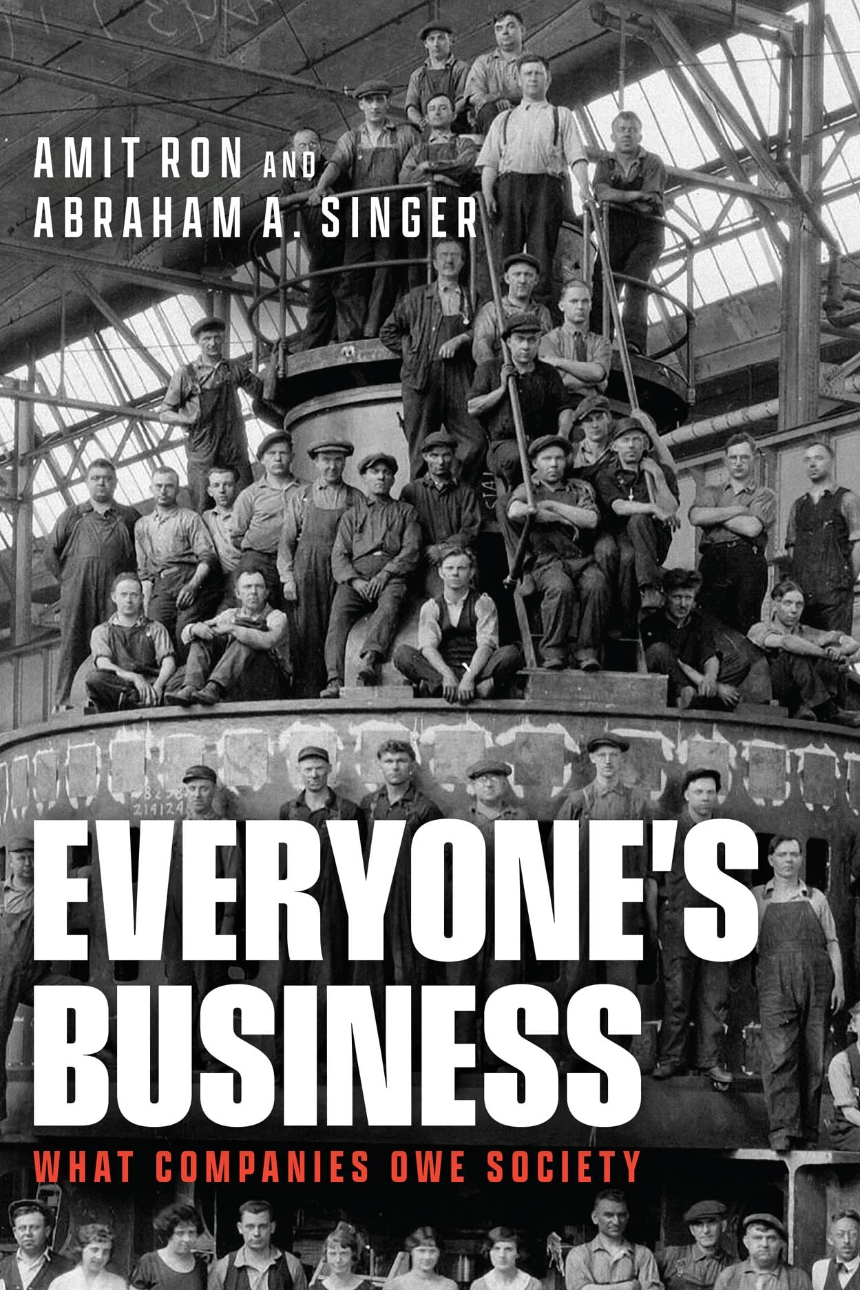

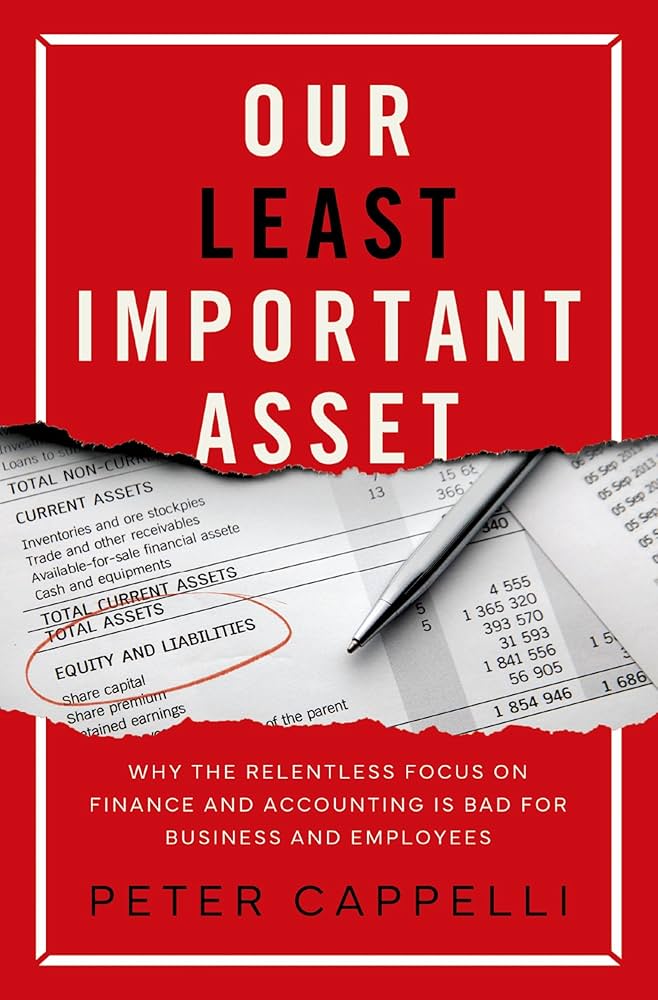

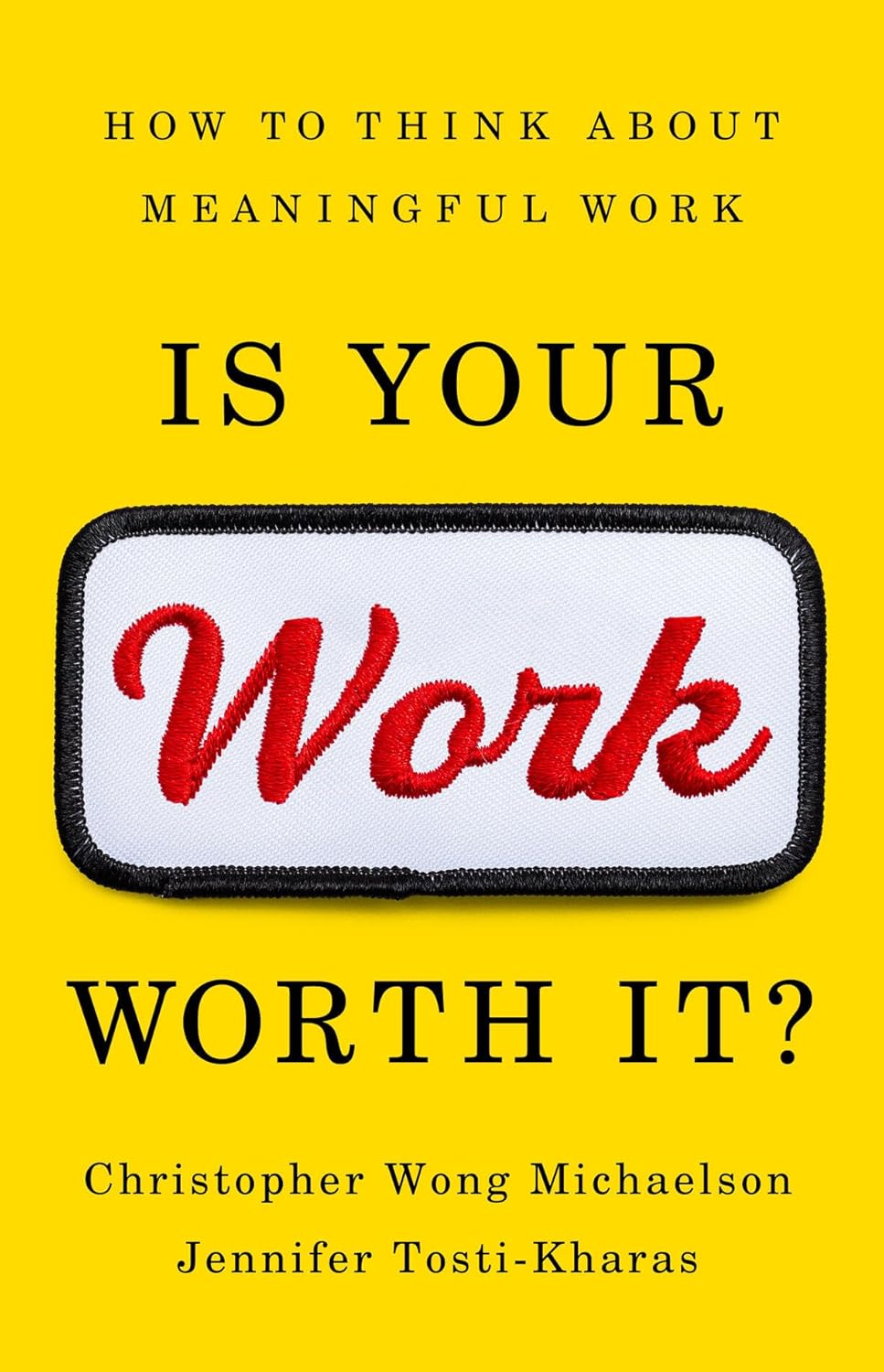
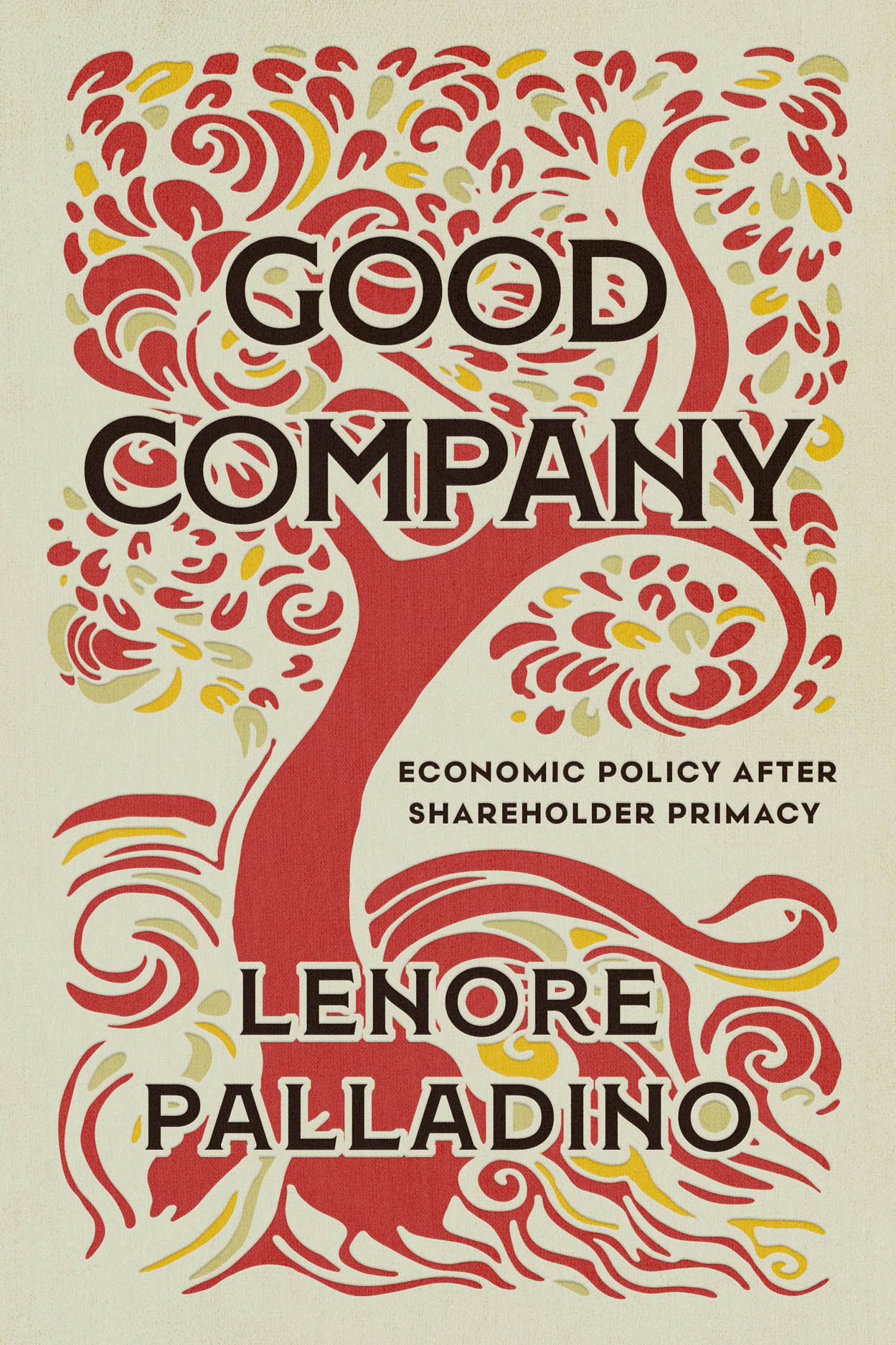




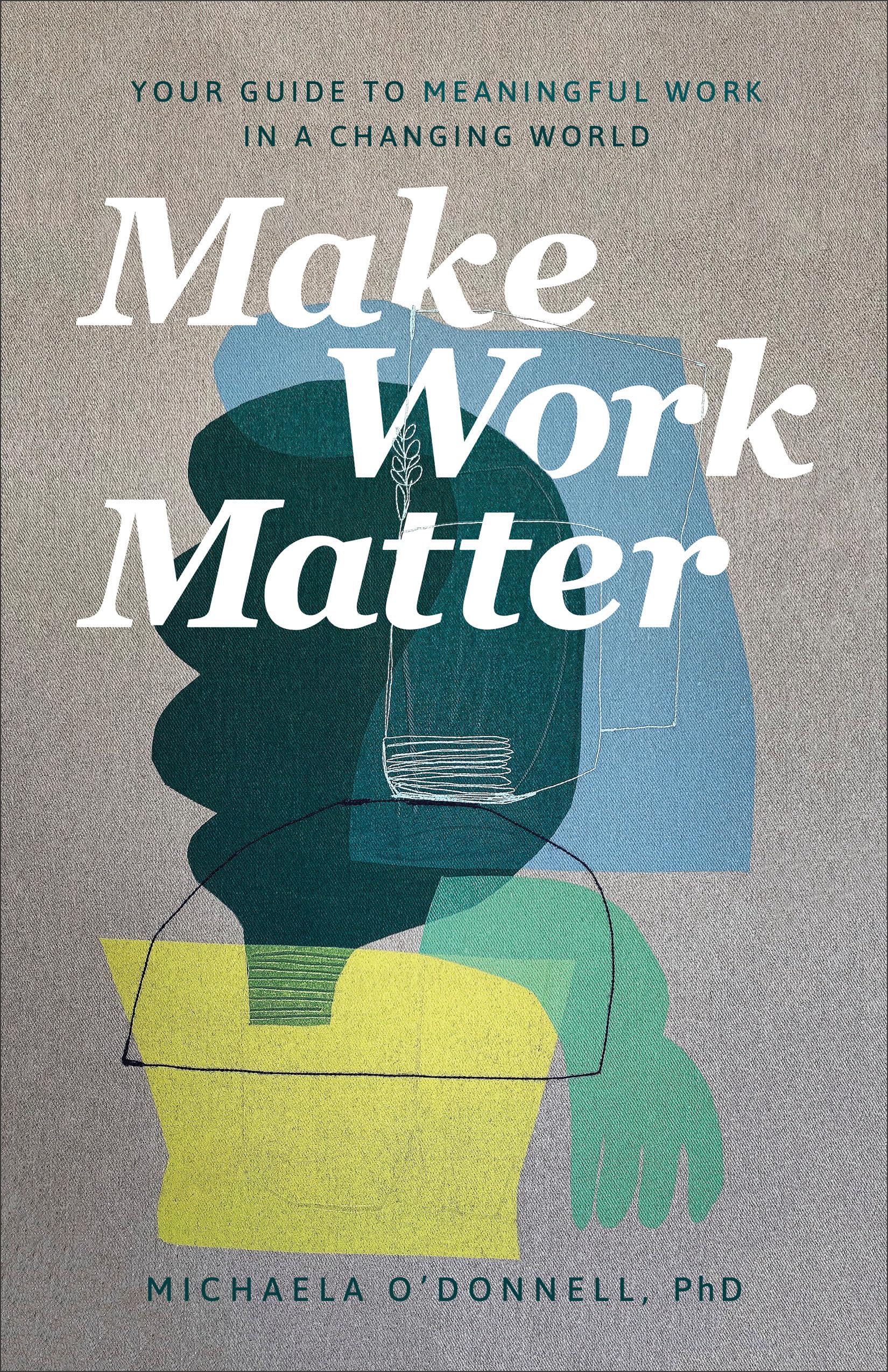
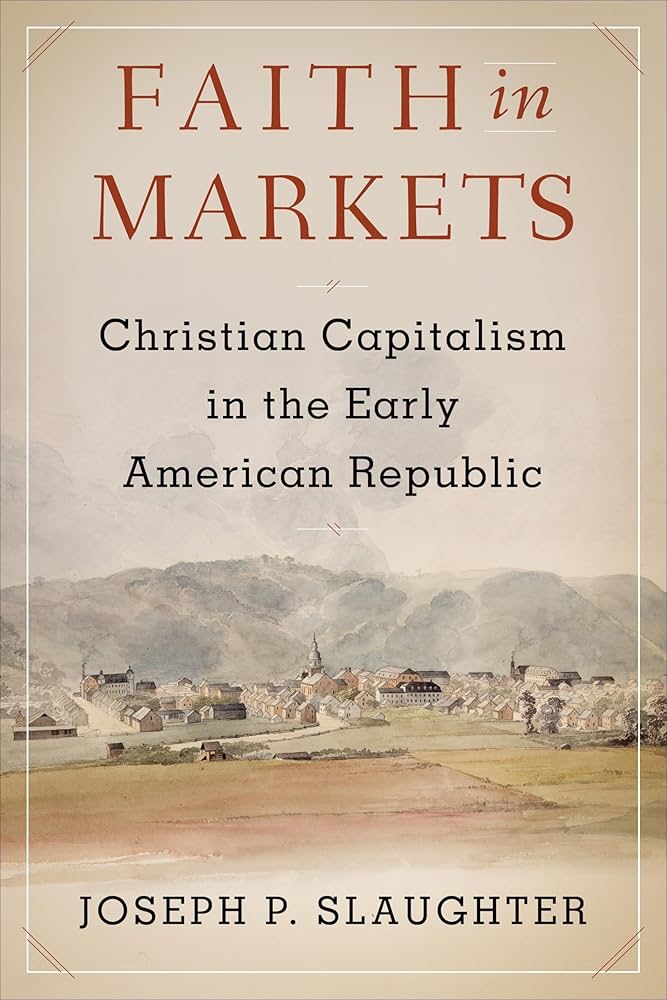

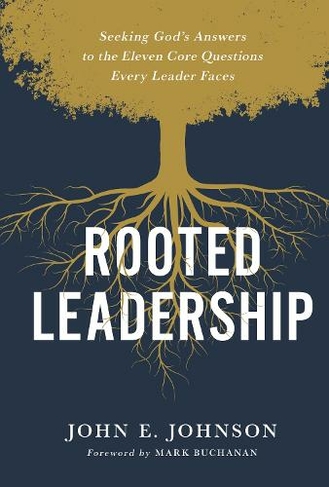
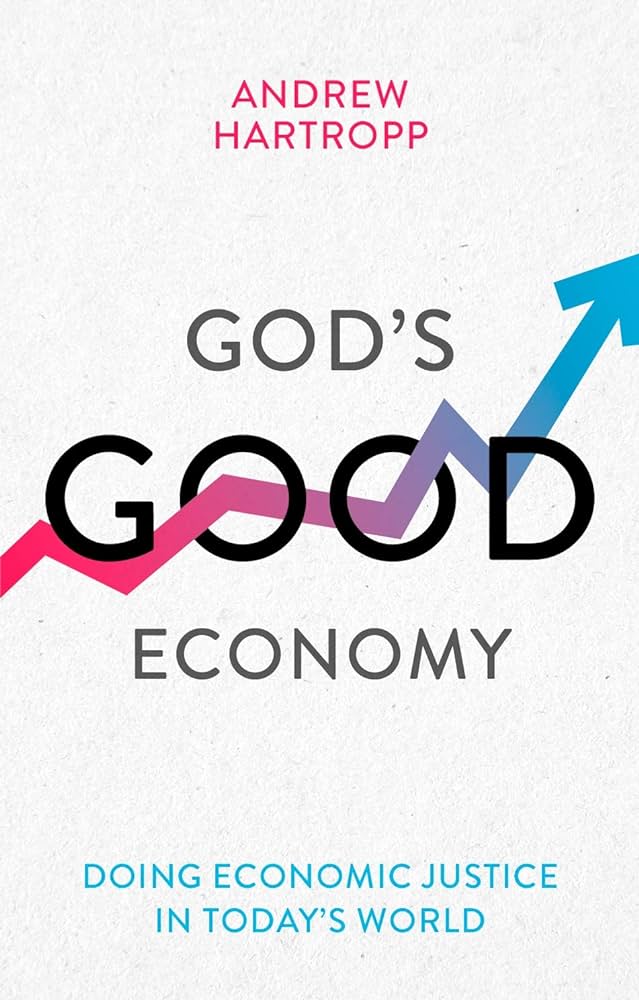



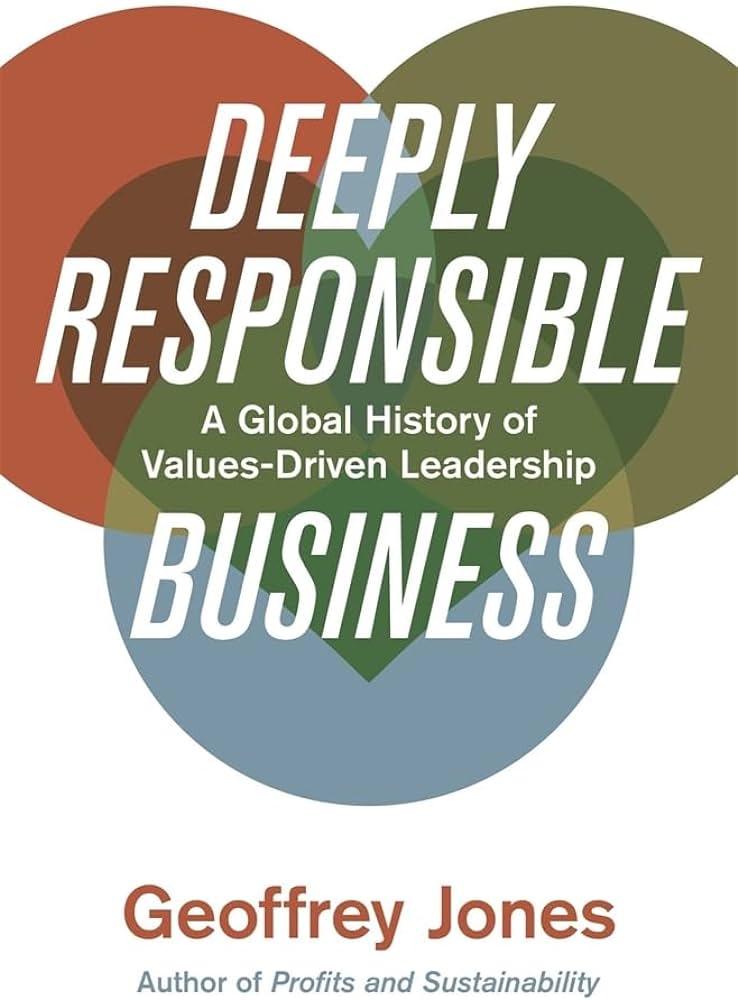
 Dr Richard Turnbull is the Director of the Centre for Enterprise, Markets & Ethics (CEME). For more information about Richard please click
Dr Richard Turnbull is the Director of the Centre for Enterprise, Markets & Ethics (CEME). For more information about Richard please click 






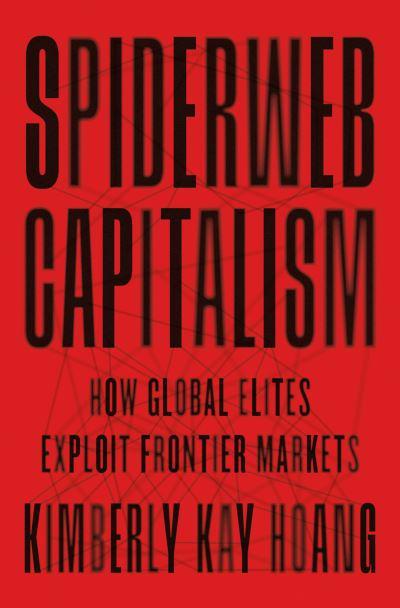





 Revd Dr Andy Hartropp is an economist, theologian and church minister. He has two PhDs, one in Economics and one in Christian Ethics. He lectured in financial economics for 5 years at Brunel University, west London. He also worked for a year with the Jubilee Centre in Cambridge, primarily leading a team doing research on families in debt. He trained at Oak Hill College, London, for ordained ministry in the Church of England. His (second) PhD was published as: What is Economic Justice? Biblical and secular perspectives contrasted (Carlisle: Paternoster, 2007). He has spent 13 years in parish ministry. He worked for eight years with the Oxford Centre for Mission Studies, where he was the Sundo Kim Research Tutor in Mission and Economics. In March 2016 he joined Waverley Abbey College as Director of Higher Education. He chairs the Ethics and Social Theology Group of the Tyndale Fellowship. He is married to Claire, and they live in Bicester, near Oxford.
Revd Dr Andy Hartropp is an economist, theologian and church minister. He has two PhDs, one in Economics and one in Christian Ethics. He lectured in financial economics for 5 years at Brunel University, west London. He also worked for a year with the Jubilee Centre in Cambridge, primarily leading a team doing research on families in debt. He trained at Oak Hill College, London, for ordained ministry in the Church of England. His (second) PhD was published as: What is Economic Justice? Biblical and secular perspectives contrasted (Carlisle: Paternoster, 2007). He has spent 13 years in parish ministry. He worked for eight years with the Oxford Centre for Mission Studies, where he was the Sundo Kim Research Tutor in Mission and Economics. In March 2016 he joined Waverley Abbey College as Director of Higher Education. He chairs the Ethics and Social Theology Group of the Tyndale Fellowship. He is married to Claire, and they live in Bicester, near Oxford.
